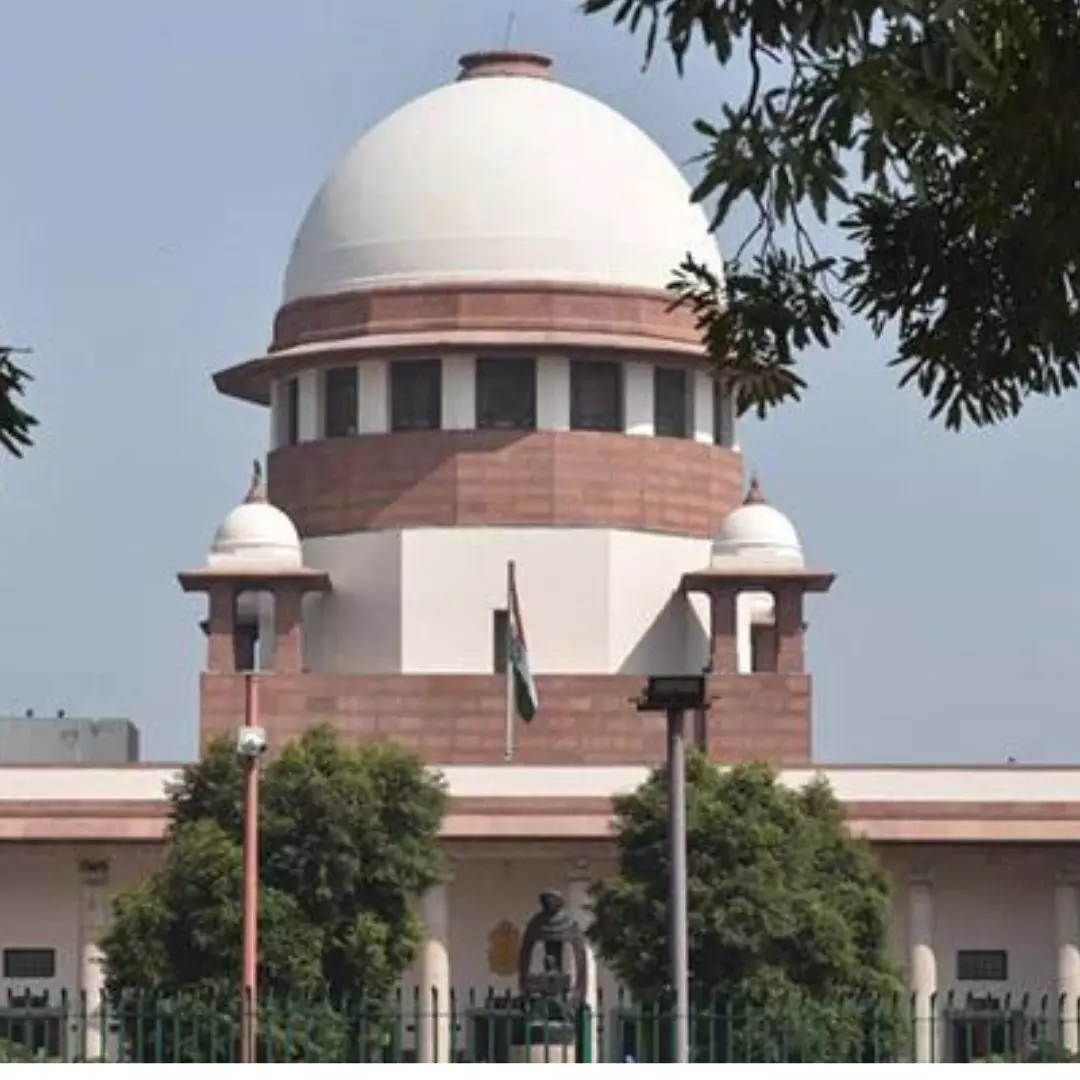Expressing serious concern, the Supreme Court has sought a response from the Union government on a petition filed by the Tamil Nadu government against the delay by Governor RN Ravi in processing nearly 12 bills passed by the state legislature. The court has also noted the withholding of several other files related to sanction and remission.
The issues raised by Tamil Nadu are considered of great concern, and the Supreme Court has issued notice to the Union of India, represented by the Secretary in the Ministry of Home Affairs. The case has been fixed for hearing on November 20, and the bench has sought the assistance of the Attorney General or the Solicitor General in the matter.
“The issues raised are of great concern. From the tabulated statement, it appears that as many as 12 bills submitted to the governor under Article 200 have not elicited any further action and other matters regarding proposal for grant of sanction, premature release and appointment of public service commission are pending. We issue notice to the Union of India represented by the secretary in the ministry of home affairs,” a bench, headed by Chief Justice of India Dhananjaya Y Chandrachud, ordered as per a report in Hindustan Times.
The Tamil Nadu government contends that the delay and inaction by the governor in clearing bills and files have caused a “constitutional deadlock,” bringing the entire administration to a halt. The state seeks redress by urging the court to specify timelines for the governor to act without prolonged delays.
This development raises questions about the broader issue of governors across various states in the country withholding action on bills, creating what is described as a “disease spreading from Kashmir to Kanyakumari” by senior advocate Abhishek Manu Singhvi, who is representing Tamil Nadu in the case. The situation echoes a similar instance in Telangana, where a petition against the governor’s delay was disposed of after the bills were eventually signed.
Also Read: “Al For Resilient Future”: Al Holds Potential To Create 100 Million Jobs











